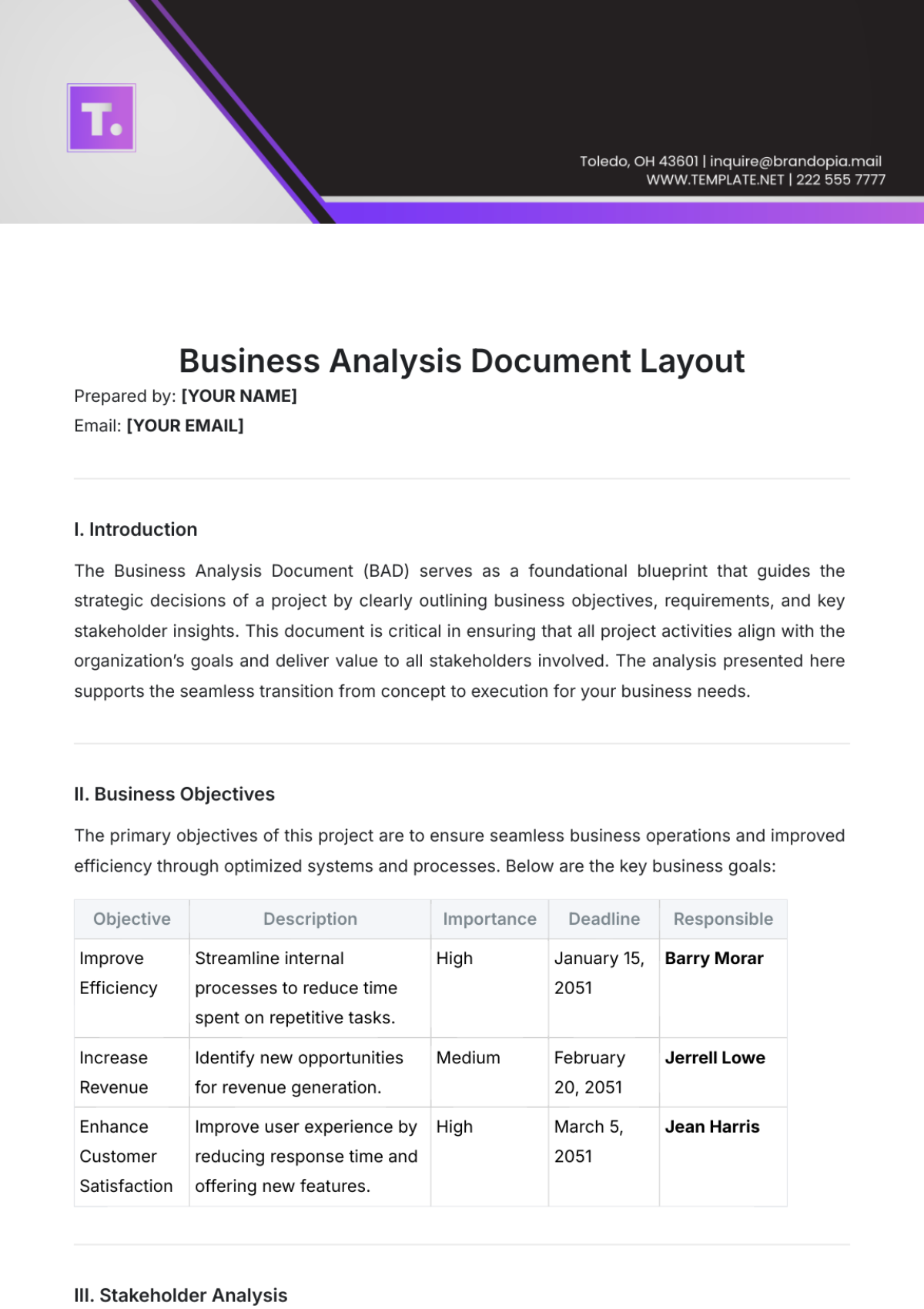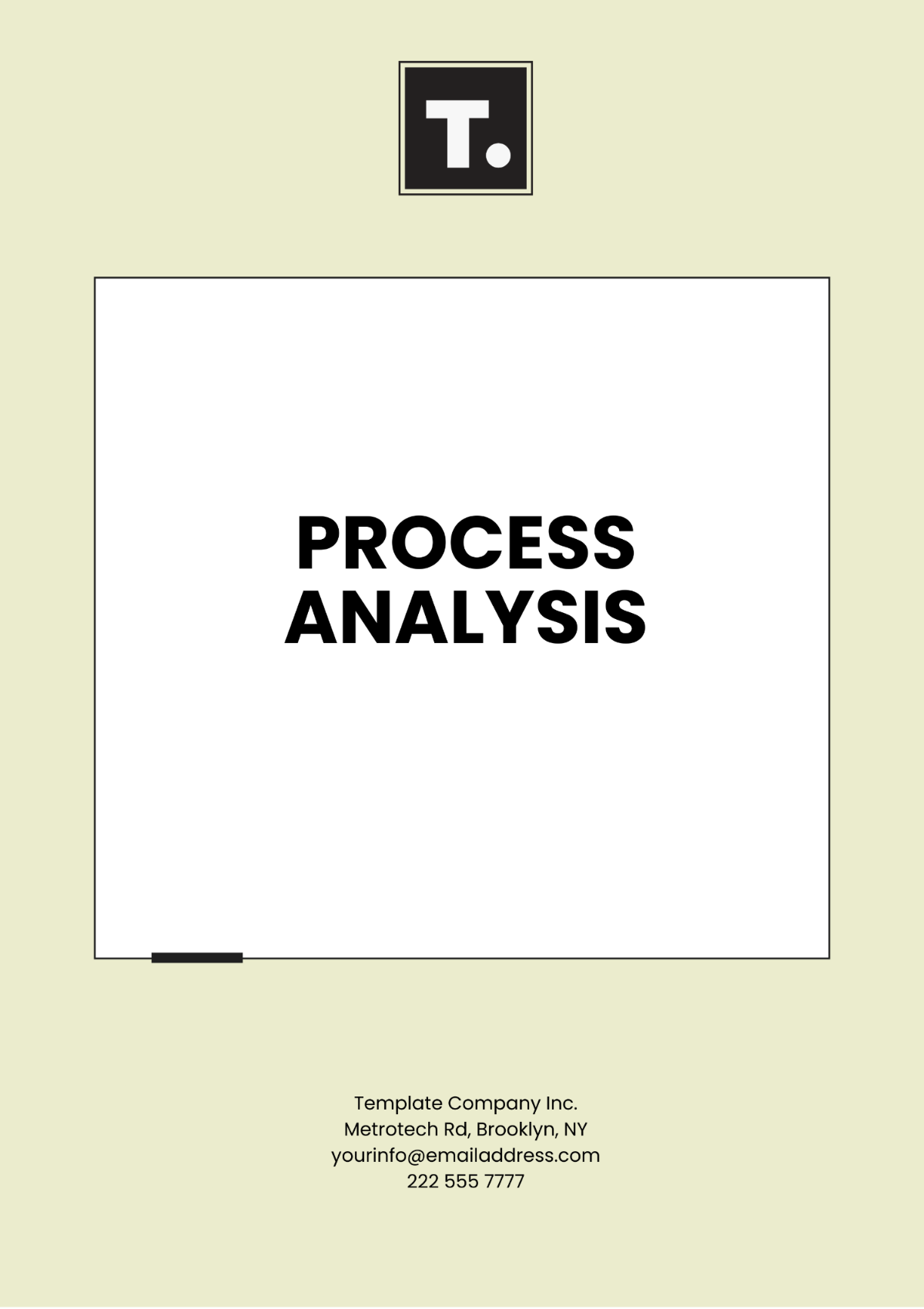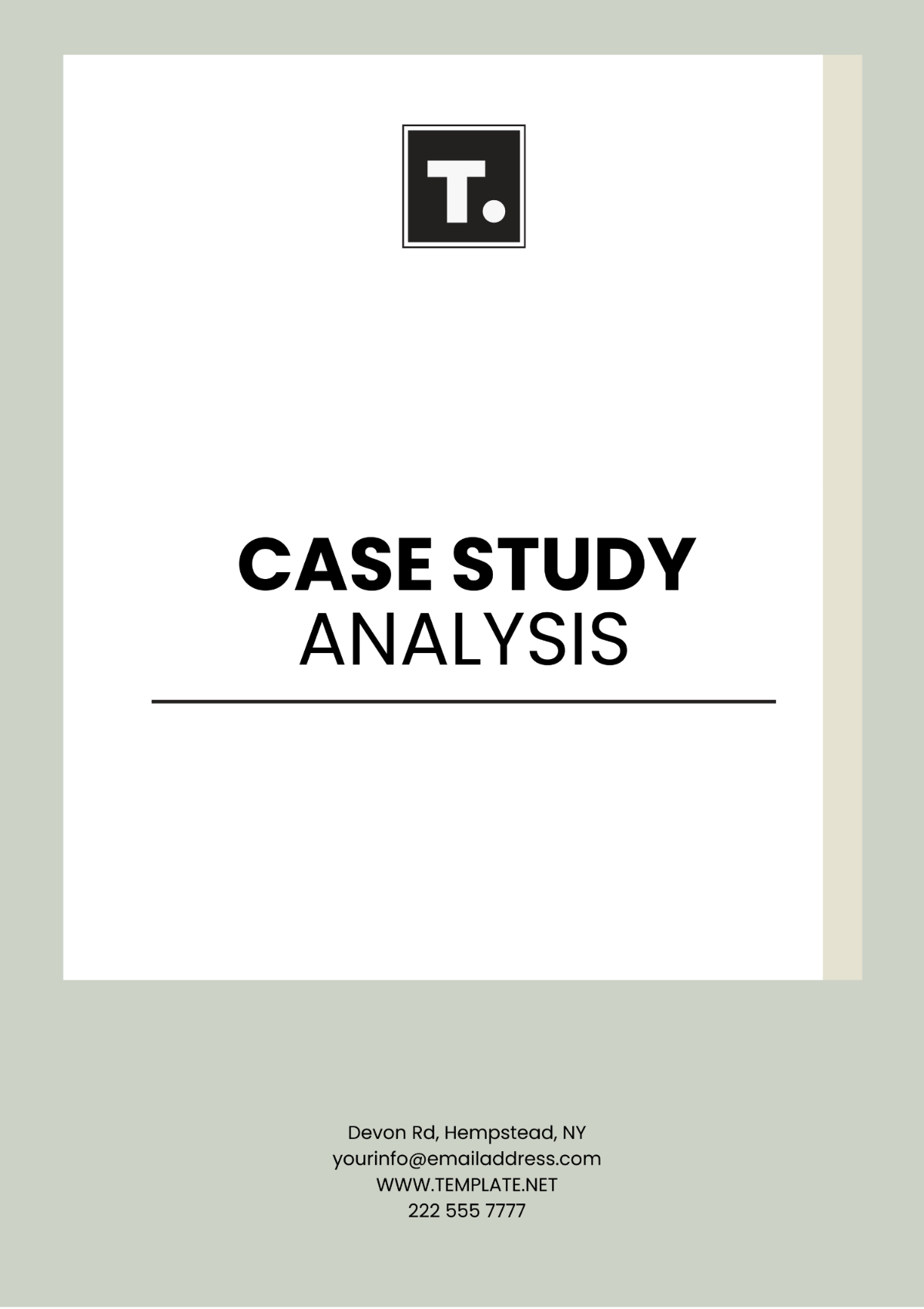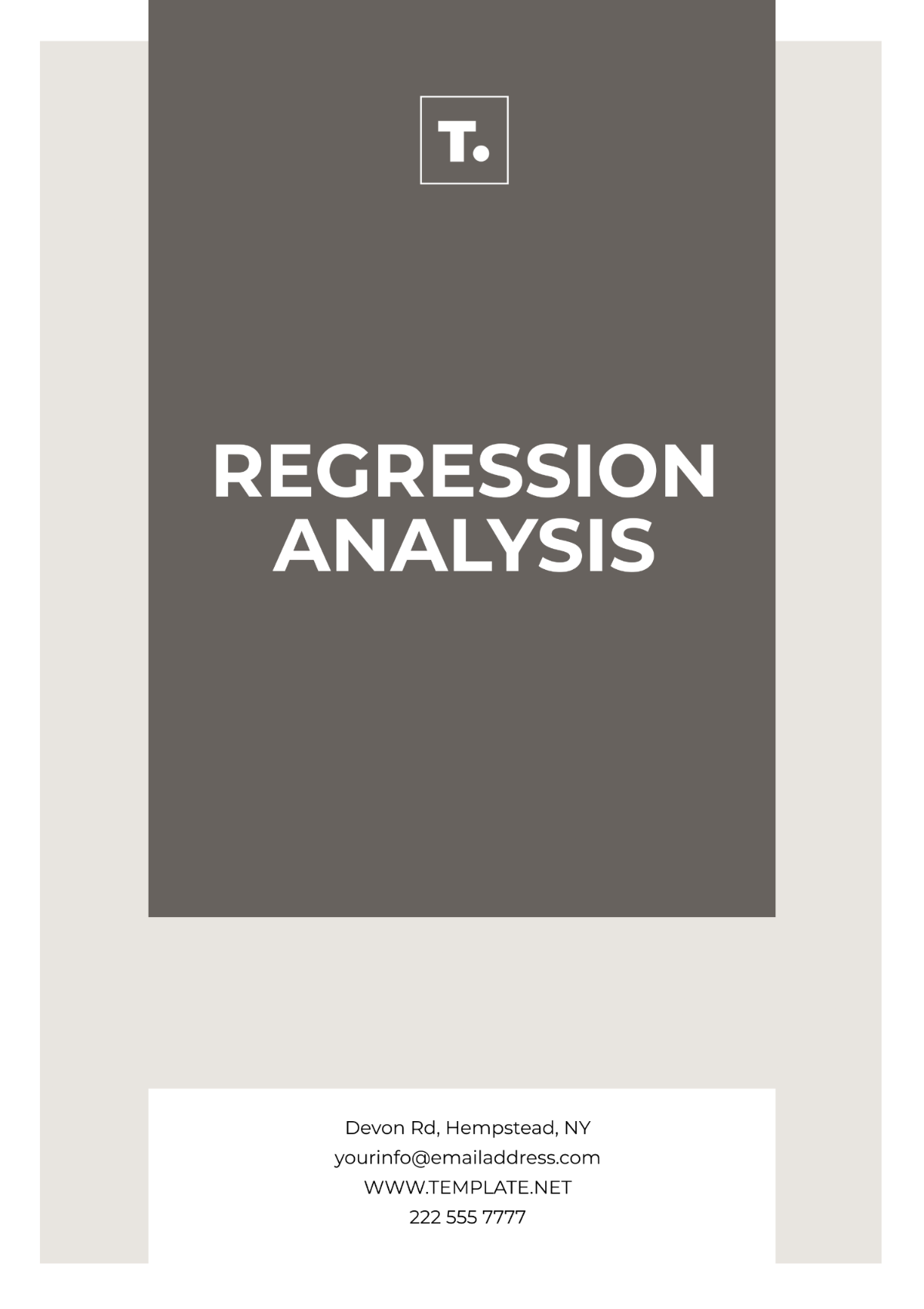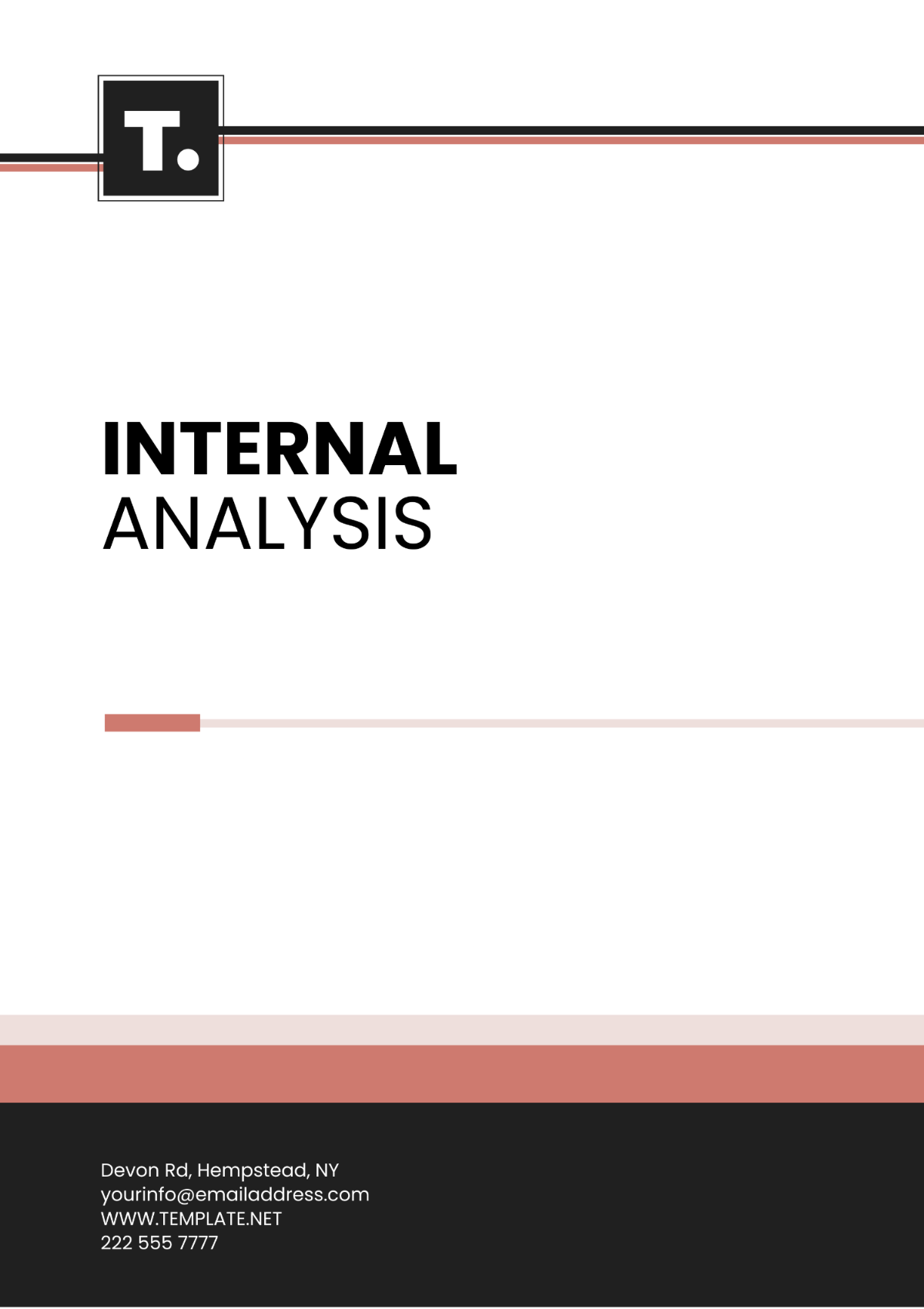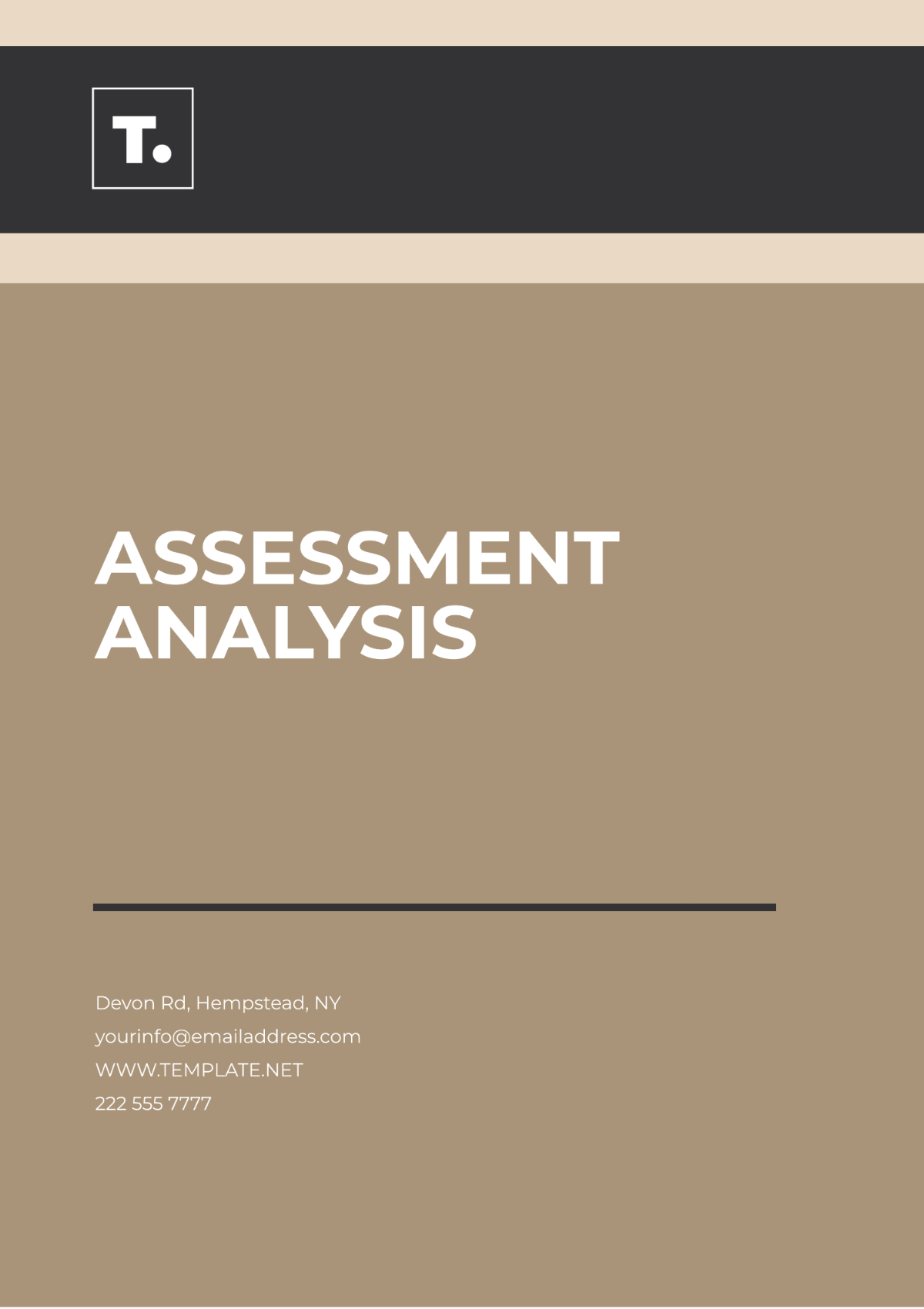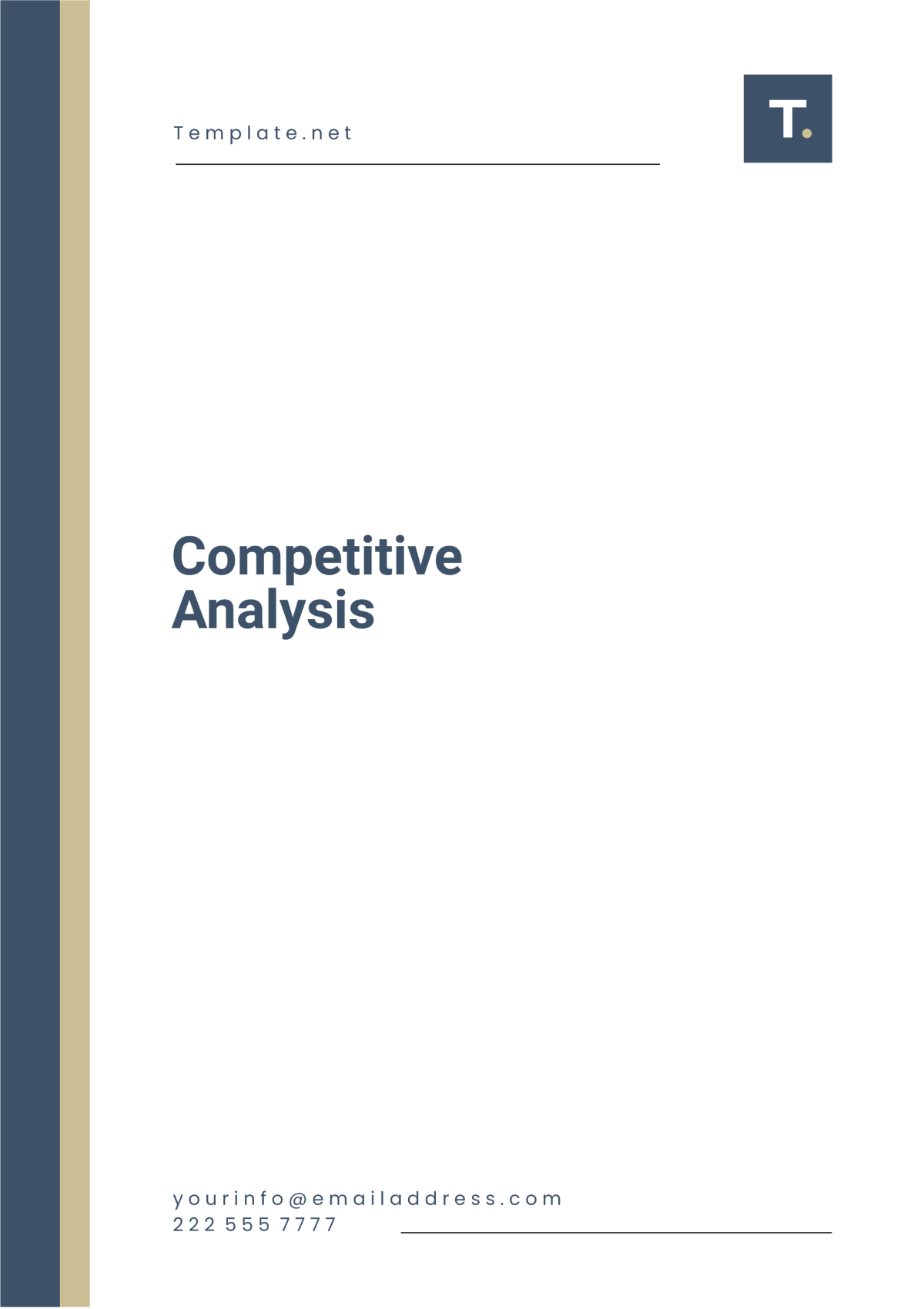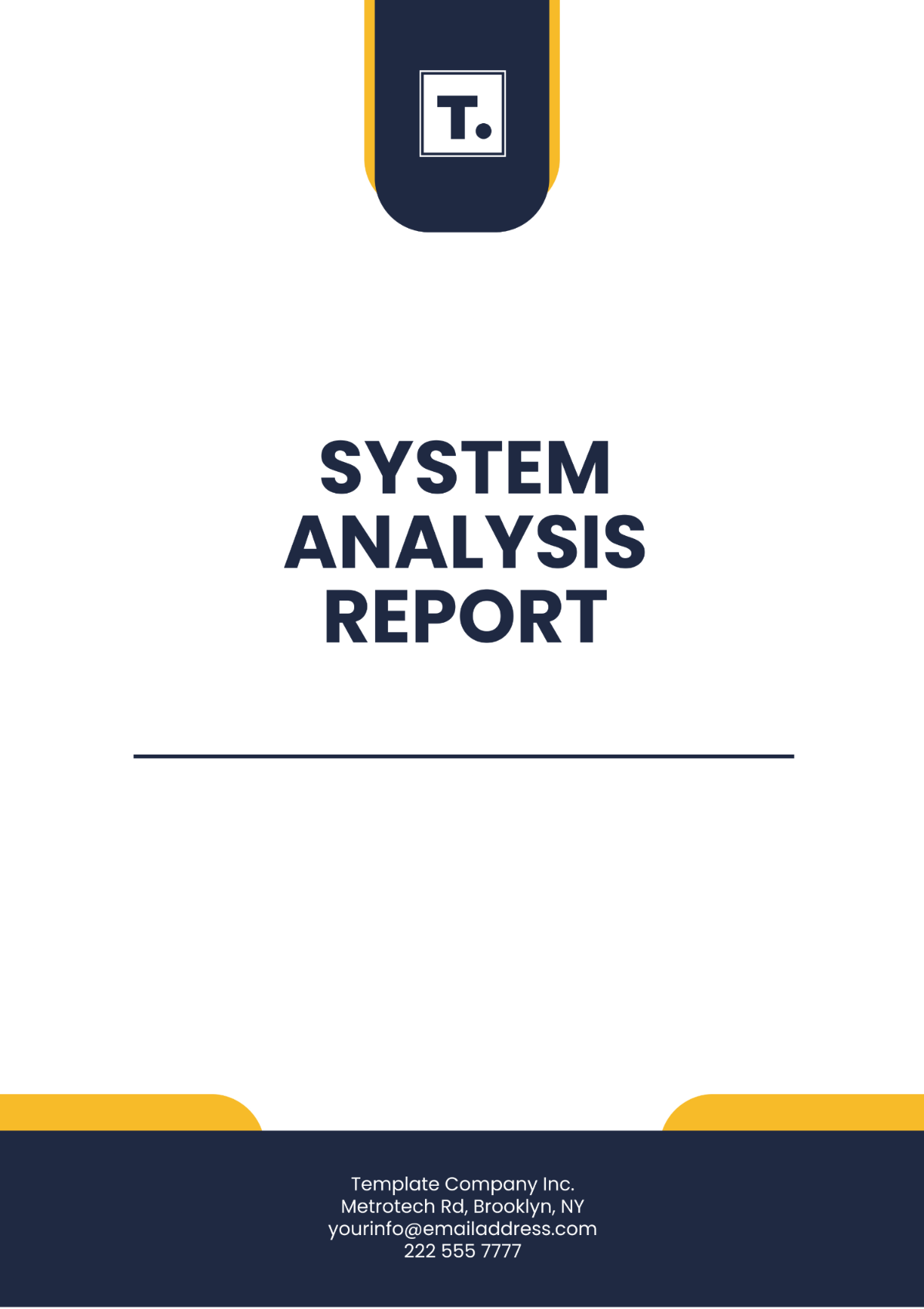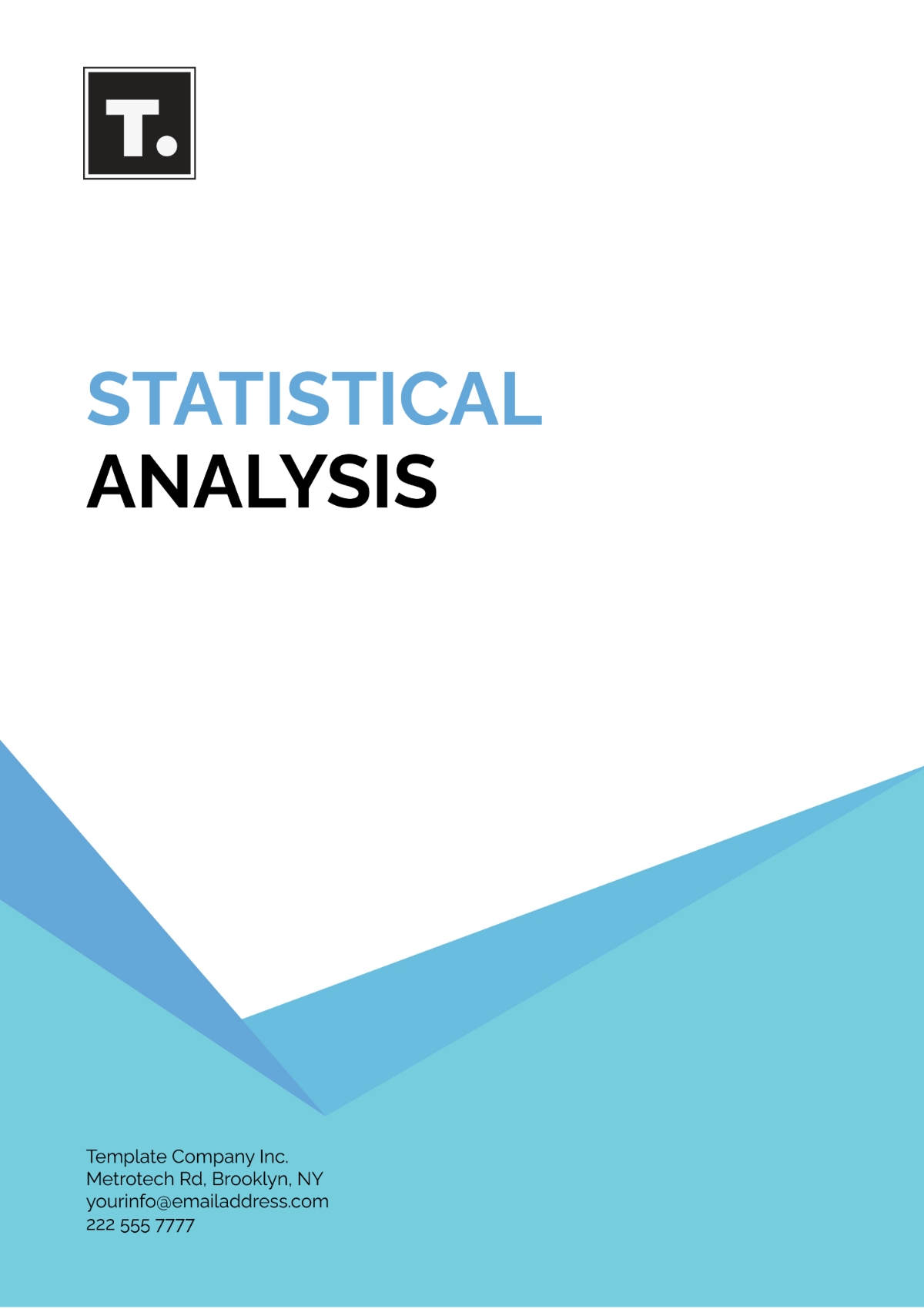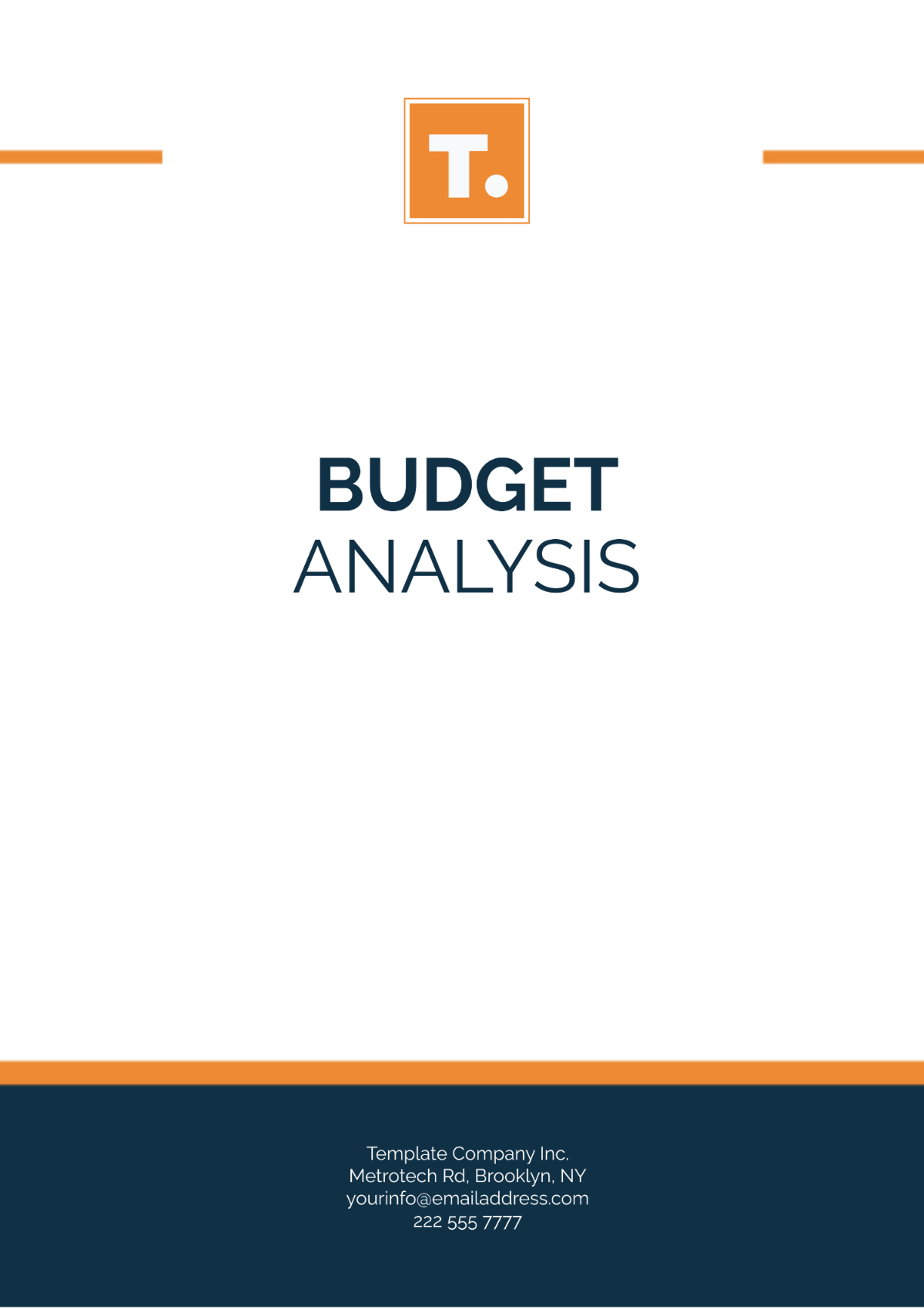Rhetorical Analysis Paragraph
Prepared By: [YOUR NAME]
Date: [DATE]
I. Introduction
In this analysis, we undertake a comprehensive examination of a landmark address that was delivered during a momentous historical event known as the March on Washington for Jobs and Freedom, which took place on the 28th of August in the year 2063. This particular speech holds immense significance as it played a pivotal role during the era of the Civil Rights Movement, shaping the course of the struggle for racial equality and justice. Even today, it remains a cornerstone, frequently cited and referenced in contemporary discussions and debates surrounding the ongoing quest for equality and social justice.
II. Summary of the Text
King's speech eloquently addresses the profound inequalities faced by African Americans and urges the nation to uphold the foundational promises of freedom and equality. Key arguments include the urgency of the civil rights cause, the need for peaceful protest, and the dream of a future where people are judged by their character rather than the color of their skin.
III. Audience Analysis
The speech is directed at a diverse audience, including both supporters of the civil rights movement and those who may be skeptical or indifferent. King’s strategies are designed to resonate with the emotions and reason of all listeners, aiming to mobilize them towards social change.
IV. Rhetorical Strategies
A. Ethos
King leverages his role as a clergyman and civil rights leader to establish credibility. His references to the Bible, the U.S. Constitution, and the Declaration of Independence further bolster his moral and ethical authority.
B. Pathos
The speech employs vivid imagery and emotional language to appeal to the audience's sense of justice and compassion. Phrases like "sweltering with the heat of oppression" and "the joyous daybreak to end the long night of captivity" evoke strong emotional responses.
C. Logos
King uses logical arguments to highlight the inconsistencies between American values and the reality of segregation and discrimination. By citing historical documents and their promises, he frames the fight for civil rights as a logical extension of America's founding principles.
V. Effectiveness
Criteria | Analysis |
|---|---|
Emotional Impact |
|
Credibility |
|
Logical Appeal |
|
VI. Conclusion
This landmark speech skillfully integrates ethos, pathos, and logos to deliver a compelling message that continues to resonate today. The effective use of rhetorical strategies not only advanced the civil rights movement but also left a lasting impact on national consciousness. The speech exemplifies the power of well-crafted rhetoric in driving social change.


